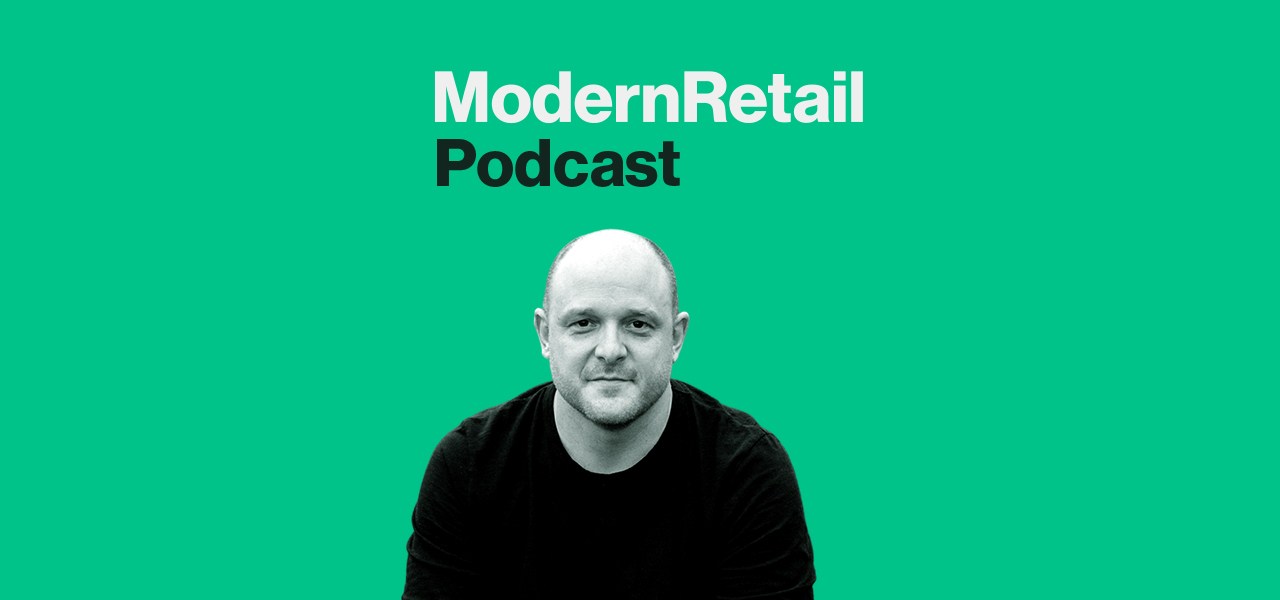Bloomscape founder Justin Mast on shipping living things and why it acquired a plant care app

Subscribe: Apple Podcasts | Stitcher | Google Play | Spotify | RSS
Some DTC founders pick a sector just because they spy an opportunity. Bloomscape founder Justin Mast said did that too with his direct-to-consumer plant company, Bloomscape, that he founded in 2018. But he had a bit of a leg up, as he’s also a fifth-generation greenhouse grower. His parents met in a greenhouse, in fact.
Bloomscape ships thousands of plants a week, including full-grown ones that only survive within a narrow set of conditions. “The thing we did differently was to say ‘how do we do this for a six foot tall tropical plant?'” Mast said on the Modern Retail Podcast. “I want to be able to ship that to Boston in the dead of winter.”
Bloomscape ships even the most fragile of plants through an advanced system of storage in greenhouses, and through innovative shipping patents and soil mixes. The company has seen year over year growth, as well as a huge spike in demand over the last few months. This week, in fact, the company announced that it raised a $15 million Series B, and acquired the plant care app Vera. Mast said the app acquisition is a way to keep more customers invested in the vegetation they purchase.
Mast sees the pandemic as an accelerant for the millennial generation’s belated settling down. “We’re now settling into our lives, starting to settle down into homes and get a little more inward with our lives,” Mast said.
Here are a few highlights from the conversation, which have been lightly edited for clarity.
DTC can bring back the local garden center feel
“The story of this industry is that for the last couple of decades, it’s really been dominated by mass retailers. They’ve done a good job of building big businesses around that approach. I think the faster, cheaper, more conveniently located way of buying plants, they’ve taken that about as far as you can. I think what they’ve left behind is: plants are different from Tupperware or Rubbermaid products or shovels. When people go to the store, they have a lot more questions. They have a lot on their mind that goes beyond that. I remember a day where local garden centers were really the backbone of how you got plants. As that business model’s become mostly less viable for most places in the country, I think we’re really looking to bring back a lot of those qualities into how you buy plants.”
Ad position: web_incontent_pos1
Saplings used to get all the love
“There’s a whole world of technology and best practices that’s formed around really teeny plants. The thing we did differently was to say ‘how do we do this for a six foot tall tropical plant?’ I want to be able to ship that to Boston in the dead of winter. We designed packaging that we have a patent on that helps with this. We used proprietary soil mix that helps protect the roots and the plant during the shipping process. And beyond a lot of those product-level innovations, it’s really more about the overall system that allows us to do this at scale — shipping thousands of plants a week all over the country, different types of varieties… That’s where our decades and generations of experience in the industry have given us a bit step ahead.”
Millennials are settling in just fine
“Our customer is this new generation of gardeners. And this is where all the growth is coming from all of a sudden. For a while the industry was looking around wondering ‘hey, where are all the millennials?’ We were just on a different time frame. We’re now settling into our lives, starting to settle down into homes and get a little more inward with our lives. And plants and gardening has really moved to the center of that lifestyle. As life gets more digital, which we all mostly love, I think we’re getting hungrier for reconnection with nature and things that are slower, more analog. All of this has gotten heightened over the last six months. We don’t really see any new trends, we just see an acceleration of a lot of the existing trends that we’ve built our business around.”

